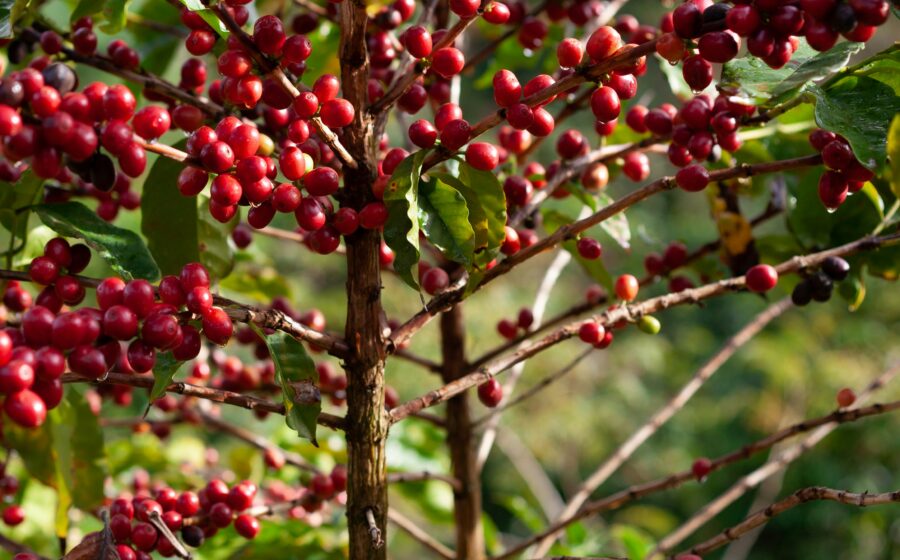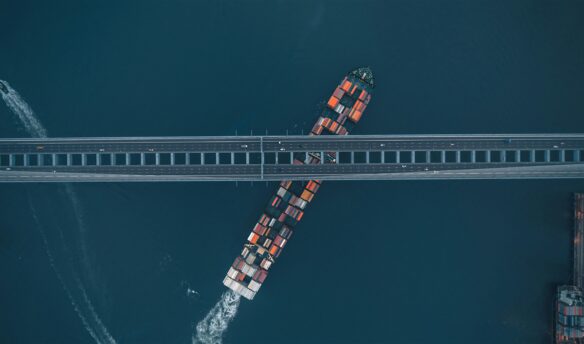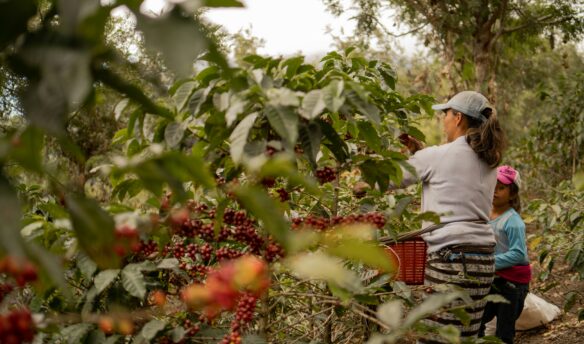✉️ This story was featured in this week’s Coffee News Club
👋 Get the Coffee News Club newsletter in your inbox weekly—sign up.
The current U.S. presidential administration has widely expanded Immigration and Customs Enforcement (ICE) raids over the last few months. Now, ICE officers are targeting children living in the South Kona region of Hawaii, where most of the state’s coffee comes from.
Many migrants from Mexico and Honduras come to Hawaii to work on one of Kona’s 600 coffee farms. Because of that, Kona, located on Hawaii’s Big Island, has the state’s largest and fastest-growing Latino population. Jeremy Hay reported for Honolulu Civil Beat that the area has now become a “proving ground” for a new ICE enforcement strategy that “[snares] undocumented immigrant children and the adults in their lives.”
Hay described instances where ICE agents conducted supposed welfare checks on minors labeled by the government as Unaccompanied Alien Children—youths stopped while crossing the border alone and placed with relatives or other sponsors in the U.S. ICE used the checks to gather information about the sponsors’ whereabouts. According to Hay’s reporting, these checks were used to locate the sponsors, who were then detained, often along with the children they were caring for.
Some of the raids have taken place on coffee farms, leaving many immigrant workers who came to Hawaii for farm jobs now living in fear and constantly watching their backs. “I have no peace,” said Juan, an immigrant from Honduras who works on several farms and grows coffee on a patch of leased land.
This isn’t the first time ICE raids have impacted Hawaii’s coffee industry. Hay’s article notes that raids happened during the last Trump administration, and at least one coffee farmer was deported in 2017 during President Barack Obama’s second term.
The state’s coffee sector relies heavily on migrant laborers. This year, many workers are not taking the risk. Armando Rodriguez, a farmer and founder of the advocacy group ALOHA Latinos, explained how a lack of workers puts the state’s coffee harvest at risk. “I’m predicting we’re going to lose a lot of coffee because there’s a lot of coffee on the trees,” he said.










